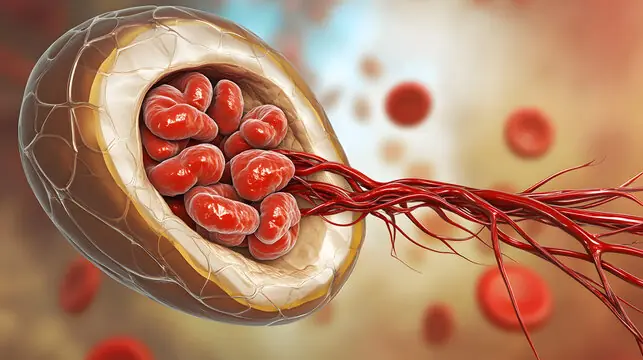
Two Itchy Areas on the Body May Signal Liver Cancer—Many Mistake It for an Allergy
In daily life, we often experience occasional itching and typically dismiss it as a minor allergic reaction or skin irritation. However, when itching becomes persistent, especially in specific areas of the body, it may be a warning sign of something far more serious—such as liver cancer. According to medical experts, itching in two particular areas—the palms of the hands and the soles of the feet—may indicate underlying liver disease, including hepatocellular carcinoma, the most common type of liver cancer.
Liver cancer is known as a "silent killer" because it often progresses without noticeable symptoms in its early stages. Many patients only seek medical attention once the disease has advanced, making treatment more difficult and the prognosis worse. While most people associate liver cancer with abdominal pain, fatigue, or jaundice, chronic itching in specific regions is a lesser-known but important early sign.
Why Do Liver Problems Cause Itching?
The liver plays a key role in detoxifying the blood and breaking down waste products like bile. When liver function is impaired—due to liver cancer, cirrhosis, or hepatitis—the flow of bile becomes obstructed. This leads to a buildup of bile acids in the bloodstream, which can irritate nerve endings in the skin and cause intense itching.
This type of itching, known as cholestatic pruritus, often appears without any visible rash and is most commonly felt in the palms and soles. These areas are particularly sensitive due to the high concentration of nerve endings. What’s alarming is that many people mistake this persistent itching for a skin allergy, insect bites, or eczema, and may use antihistamines or topical creams without ever addressing the real cause.
Common Misdiagnosis
Many patients spend weeks or even months trying to treat what they think is a skin condition. In reality, their liver may already be inflamed or under attack from cancerous cells. By the time they receive the correct diagnosis, the disease has often progressed to a more advanced stage. This delay in treatment can be life-threatening.
According to recent studies, up to 20–25% of liver cancer patients report experiencing unusual itching before any other major symptoms appear. Unfortunately, the connection between skin sensations and liver health is not well known among the general public, leading to frequent misdiagnosis.
When Should You Be Concerned?
Not all itching is related to liver cancer. However, you should consider seeking medical evaluation if:
-
The itching is persistent and not relieved by creams or allergy medication.
-
It occurs primarily on the palms and soles.
-
There are no visible rashes or allergic reactions.
-
You also notice fatigue, unexplained weight loss, or yellowing of the skin or eyes (jaundice).
Early detection is key. A simple liver function test or abdominal ultrasound can often detect abnormalities in time for effective intervention.
Prevention and Liver Health
Maintaining a healthy liver is essential to preventing liver cancer. This includes:
-
Avoiding excessive alcohol consumption.
-
Getting vaccinated against hepatitis B and managing hepatitis C if infected.
-
Maintaining a balanced diet low in processed foods and rich in antioxidants.
-
Exercising regularly and avoiding obesity, which is linked to fatty liver disease.
-
Undergoing regular screenings if you are at high risk due to family history or chronic liver conditions.
Conclusion
Itching may seem harmless, but when it becomes chronic and localized to the palms and soles, it can be a red flag for liver dysfunction or even liver cancer. Don’t ignore the signs your body gives you. What appears to be a minor irritation could be an early warning that saves your life. Always consult a healthcare professional if something feels off—early diagnosis can make all the difference.
News in the same category

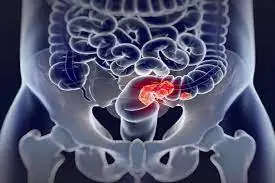
Powerful Simulation Reveals How Cancer Progresses and Ultimately Causes Death
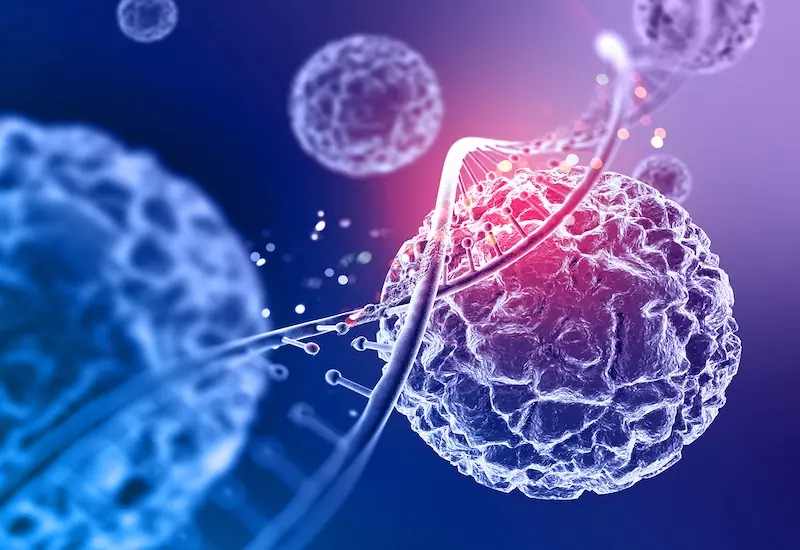
Three Family Members Diagnosed with Thyroid Nodules – The Mother Collapses: “I Thought Eating More of Those Two Things Prevented Cancer”
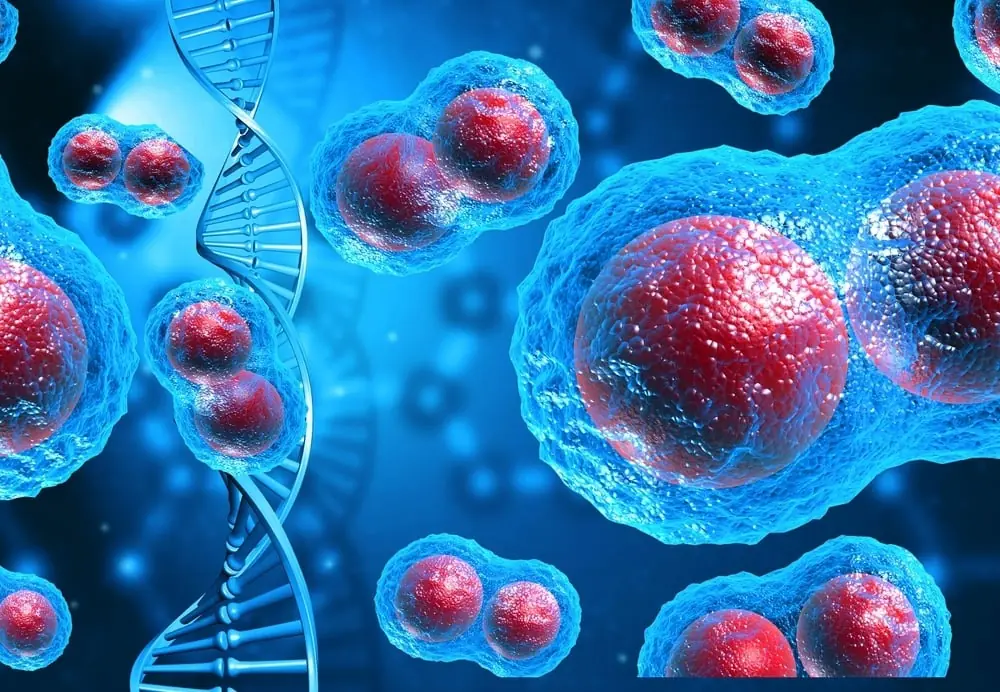
A Family of Four Siblings Diagnosed with Stomach Cancer – Doctor Shakes His Head: Two "Deadly" Common Habits Many People Share
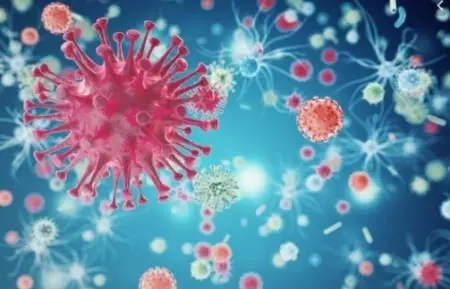
A 49-Year-Old Man Dies of Brain Hemorrhage – Doctor Warns: No Matter How Hot It Gets, Don't Do These Things
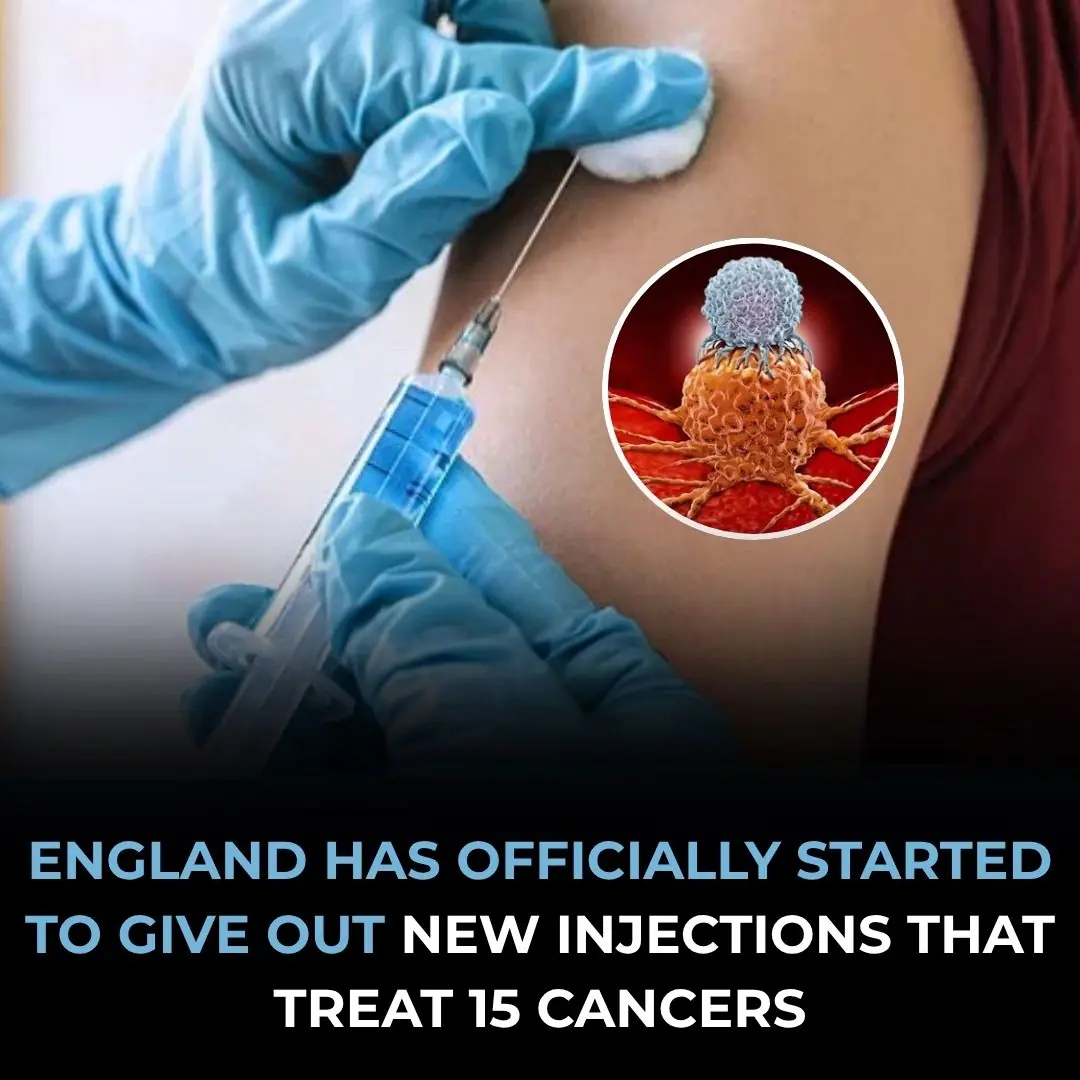
England Has Officially Started To Give Out New Injections That Treat 15 Cancers
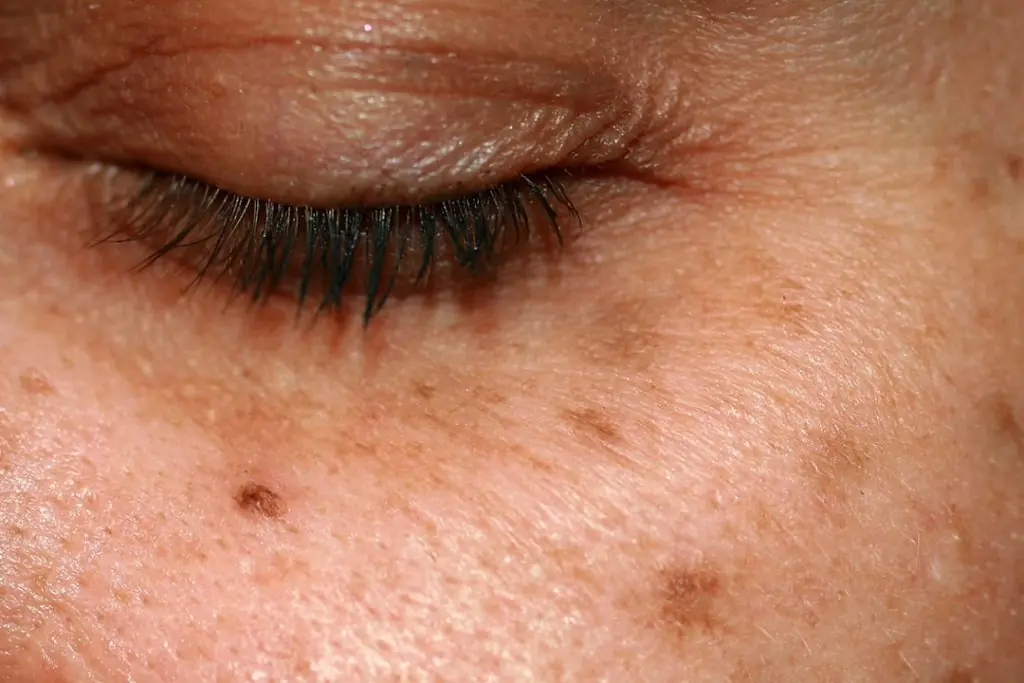
How to Fade Age Spots: Causes, Treatments, and Prevention That Actually Work
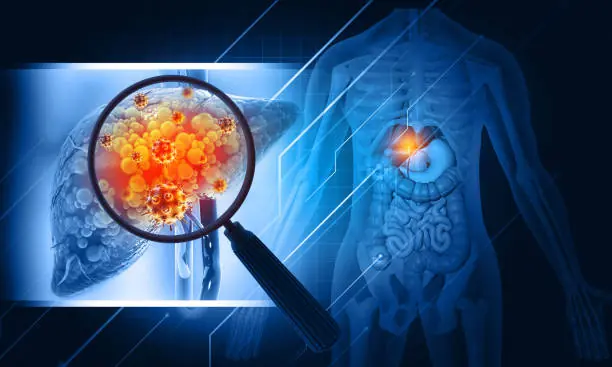
Early Warning Signs of Liver Damage — And How to Protect and Strengthen Your Liver Naturally
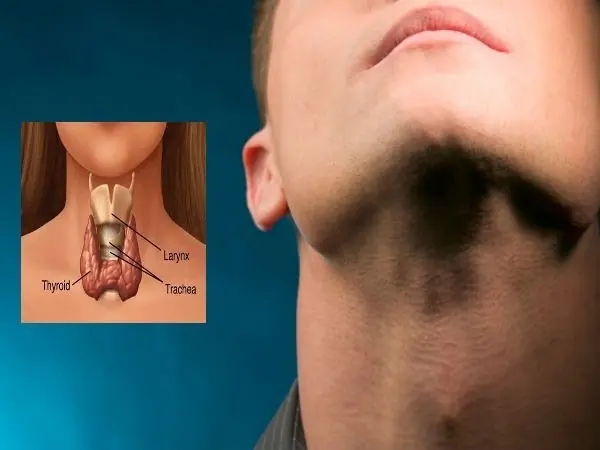
The Number of People with Thyroid Nodules Is Increasing! Doctors Repeatedly Emphasize: Eat Fewer Tomatoes and More of These 3 Foods
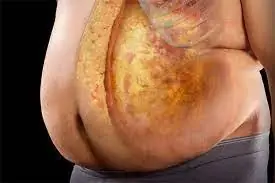
More and More People Are Suffering from Visceral Fat! Doctor: 9 Foods That Help Reduce Visceral Fat – Eat Them Regularly
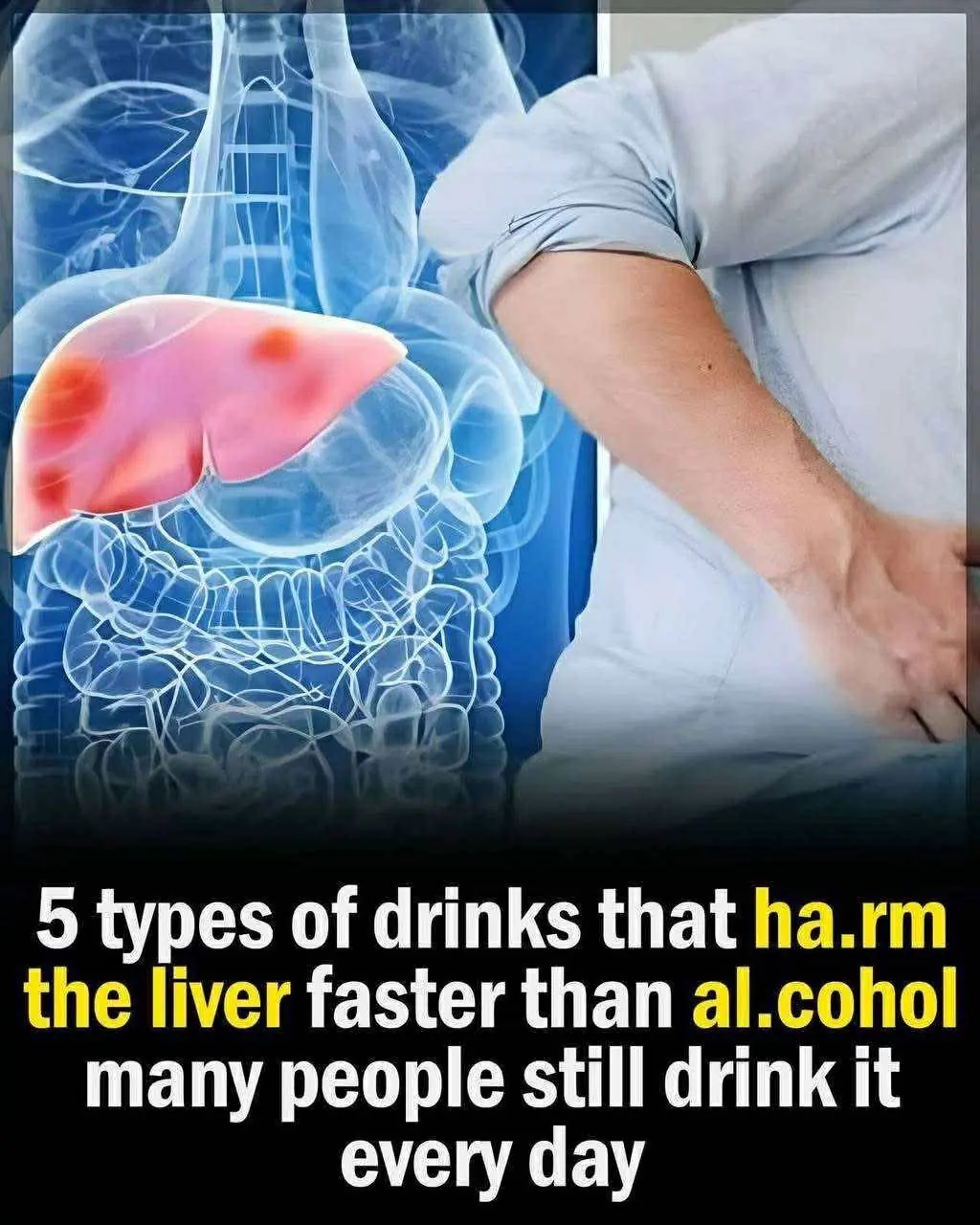
5 everyday drinks that can harm your liver like alcohol

Your Guide to Preparing for the Gynecologist: 10 Key Dos and Don’ts

A 6-year-old boy diagnosed with late-stage canc3r, his father regrets after doctors reveal the cause linked to a popular type of beverage
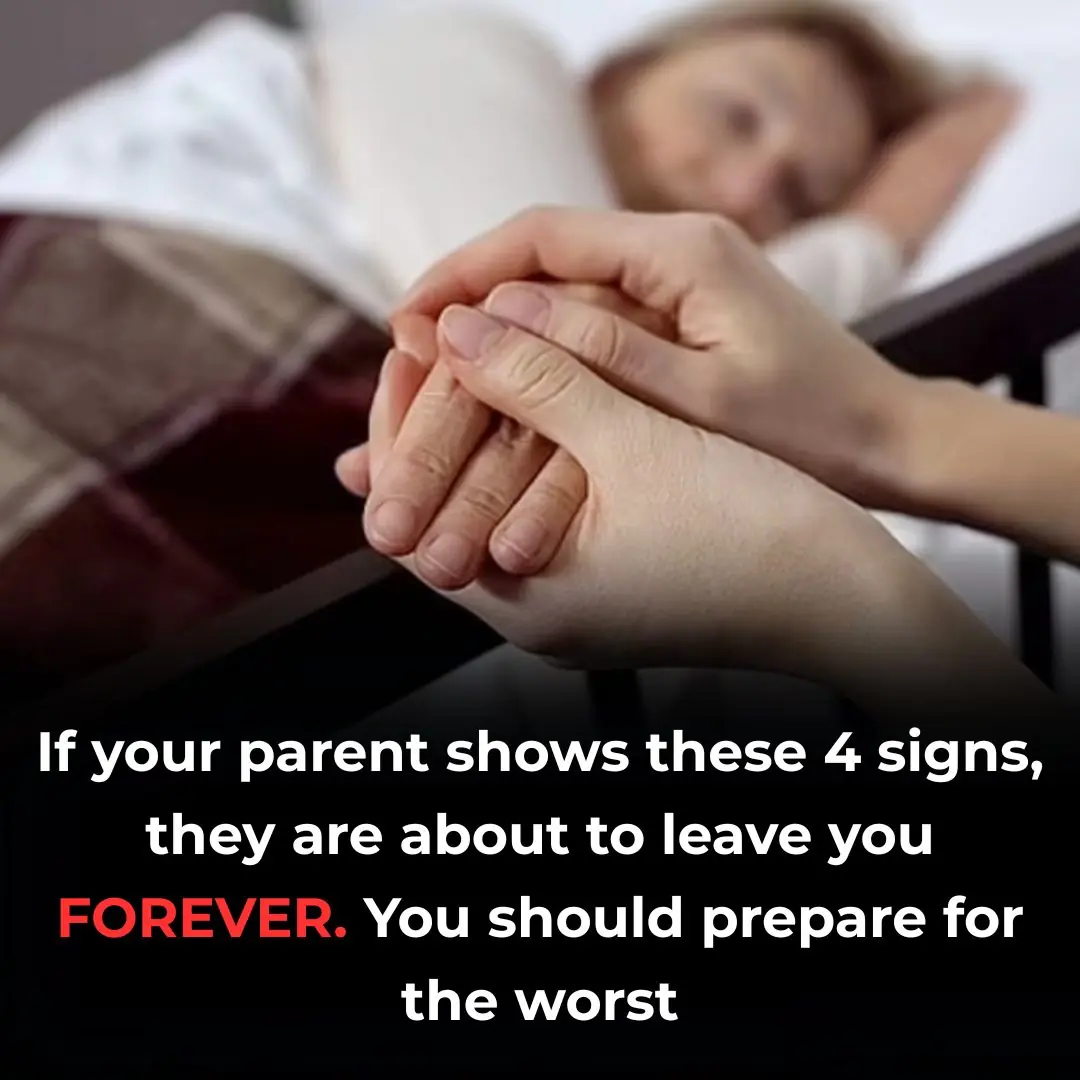
If Your Parent Shows These 4 Signs, They May Be Nearing the End of Life. Prepare Yourself for What’s to Come
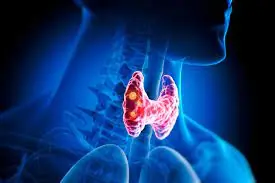
Top 13 Signs That You May Have a Thyroid Disorder
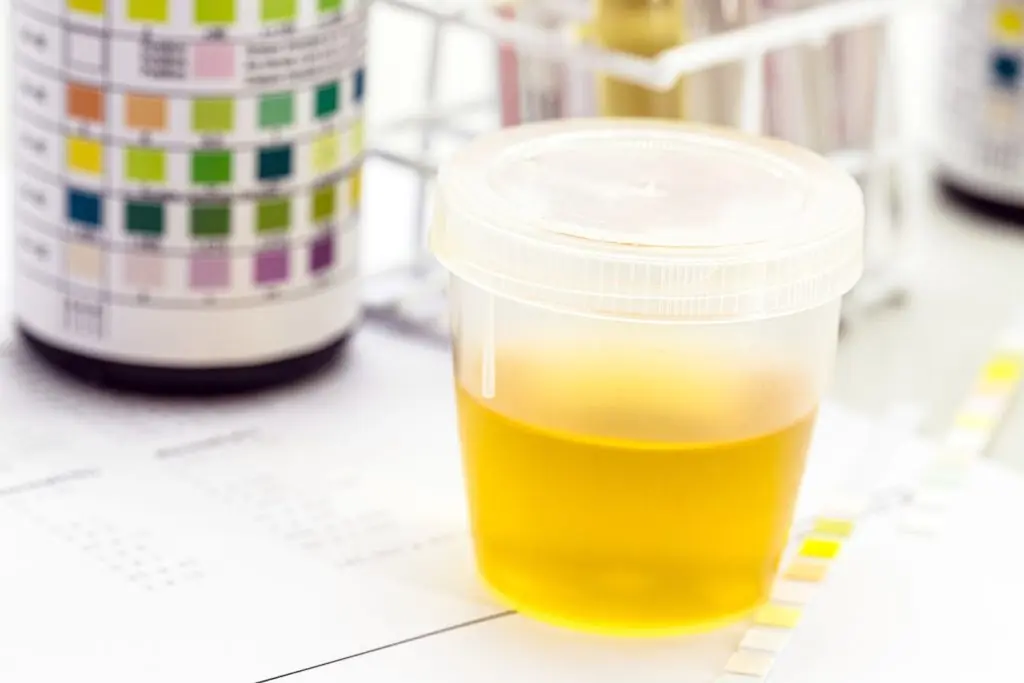
What Can Your Urine Tell You About Your Health?
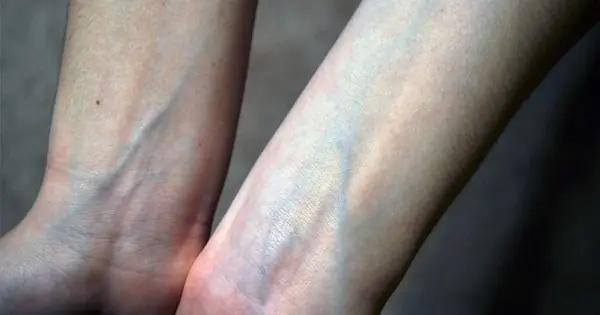
If You See Someone with Prominent Blue Veins, You Must Tell Them This — It Could Save Their Life
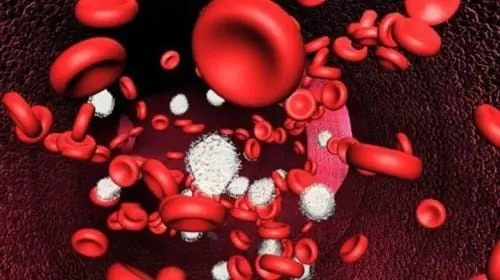
Cancer Cells Destroyed in 42 Days by a Glass of Juice: A Stunning Success That Has the World Celebrating
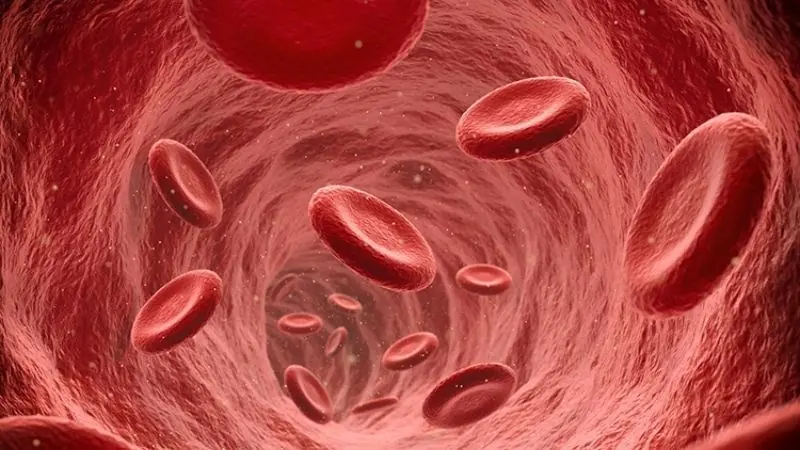
Cancer Doesn’t Hurt at First, But If You Notice These 5 Signs When Using the Bathroom, See a Doctor Early: Don’t Ignore Them
News Post

New Tiny Machine Removes Cholesterol from Arteries Without Surgery

Powerful Simulation Reveals How Cancer Progresses and Ultimately Causes Death

At My Husband’s Birthday Party, My Son Pointed and Said, 'That’s Her. The Same Skirt.'

My Husband Took Me on a Surprise Cruise — But When I Opened the Door, Everything Fell Apart

My Wife Found a Midnight Hobby – It Nearly Drove Our Neighbors Away

I Got Seated Next to My Husband’s Ex on a Flight – By the Time We Landed, My Marriage Was Over

One Day, I Saw a 'Just Had a Baby' Sticker on My Boyfriend's Car — But We Never Had a Baby

Never Throw Away Lemon Peels Again: 12 Unusual Ways to Use Them
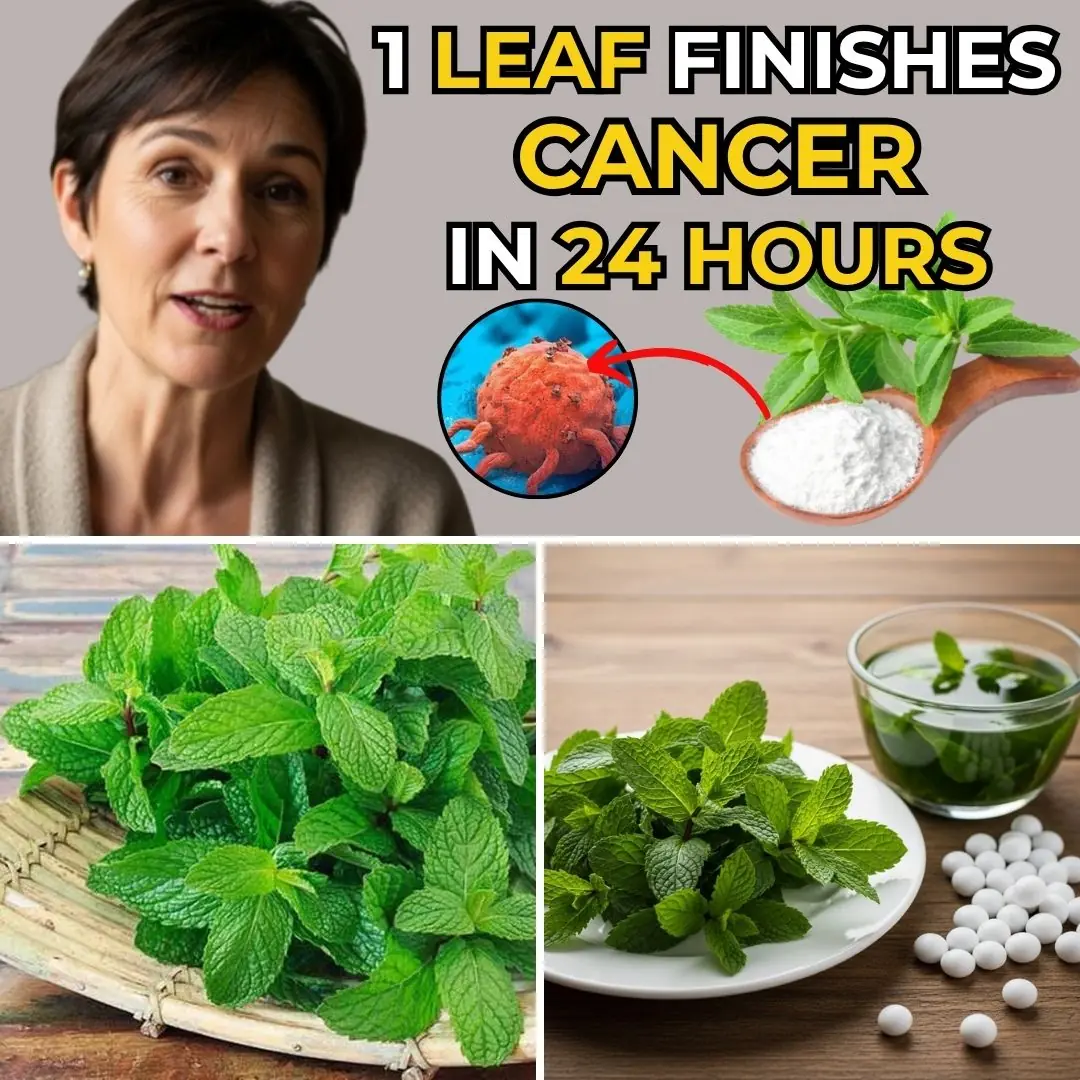
How People Over 50 Can Supplement Fiber for Better Health

Unleash Your Inner Alpha: The Natural Nighttime Boost You Need

Stop Now! These 8 Pumpkin Seed Mistakes Trigger Irreversible Reactions in Your Body

The photograph of a little boy who became one of the most recognizable men today

Three Family Members Diagnosed with Thyroid Nodules – The Mother Collapses: “I Thought Eating More of Those Two Things Prevented Cancer”

A Family of Four Siblings Diagnosed with Stomach Cancer – Doctor Shakes His Head: Two "Deadly" Common Habits Many People Share

A 49-Year-Old Man Dies of Brain Hemorrhage – Doctor Warns: No Matter How Hot It Gets, Don't Do These Things

England Has Officially Started To Give Out New Injections That Treat 15 Cancers

He left as soon as he found out the diagnosis of our son. And I stayed—because I couldn’t leave my child alone

Their daughter disappeared in 1990, on the day of her graduation. And 22 years later, the father found an old photo album

We'll live off our daughter-in-law; she has a good job," the mother-in-law shared with her friend
